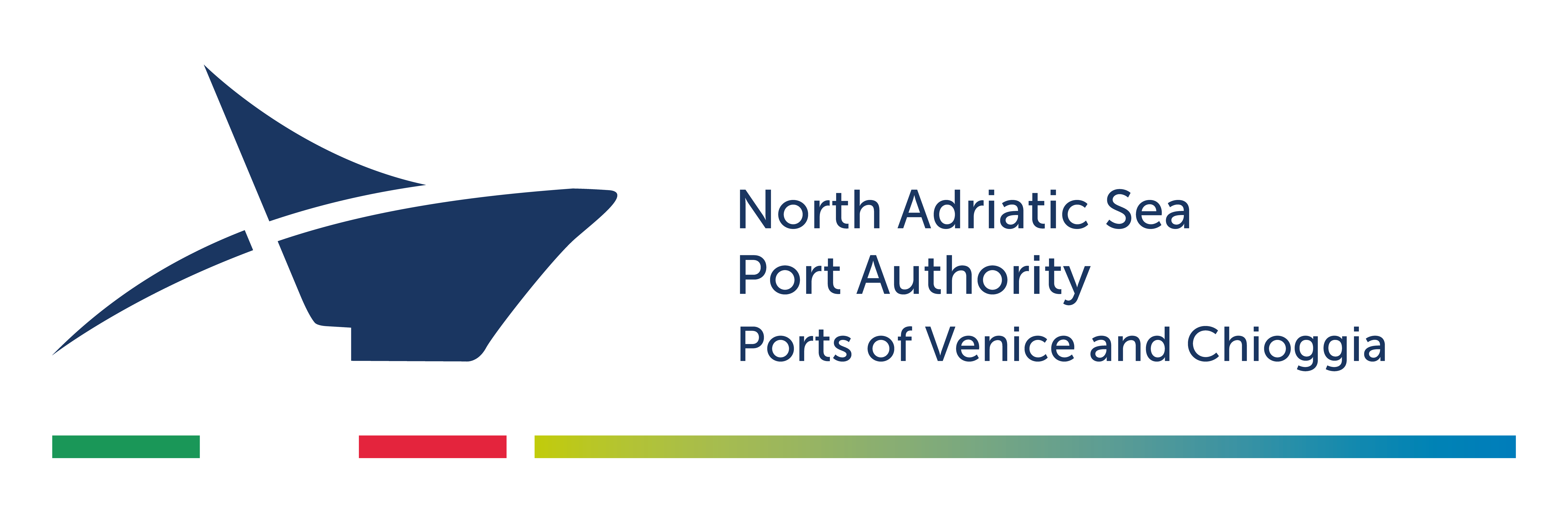The Port of Venice has become the first in Italy to host a confined space work simulator, an effective tool for the training and instruction of operators working in port areas, patented by the Central Research Directorate of INAIL.
The simulator has been installed in Porto Marghera, in the area in front of the port building 448. Its use in training programs is particularly effective because it allows for the simulation of typical risk situations in confined spaces. Subsequently, it enables the testing of safety and emergency procedures for securing and rescuing workers who may be in particularly hazardous situations in such environments. The simulator is also useful for training operators to assume ergonomic positions while working in particularly tight spaces.
Recognizing that training is one of the key tools for reducing workplace accident risks, the North Adriatic Sea Port Authority, INAIL – Veneto Regional Directorate, and the Fire Brigade – Veneto and Trentino-Alto Adige Interregional Directorate have signed an agreement to create a training proposal dedicated to work in confined or potentially contaminated environments for all operators engaged in work activities inside holds, tanks, silos, underground pits, and pipelines in the ports of Venice and Chioggia.
The need for training and instruction for operators working in confined spaces arises not only from a significant number of accidents but also, and above all, from the awareness that accidents occurring in these spaces have extremely serious and often fatal outcomes. In fact, data from INAIL Veneto show that in the last two years, six accidents involving multiple individuals and resulting in fatalities have been reported in these types of environments in the region. The risks in these work environments are often invisible, silent, odorless, and create a mistaken perception of the dangers present.
“The ports in the Veneto region are committed to a culture of safety from every perspective,” says NASPA President Fulvio Lino Di Blasio. He points out that, “Thanks to the collaboration with INAIL and the Fire Brigade, the workers in the ports of Venice and Chioggia will finally have access to cutting-edge equipment to physically test very specific working conditions, which are often associated with a high risk profile. This initiative is in line with the safety policies adopted by the Authority. The Authority continuously monitors the safety of port activities and conducts over 650 inspections per year at the terminals during cargo loading and unloading operations. Furthermore, through the Intermodal Logistics Training Consortium, the Authority periodically organizes training courses for operators involved in the complex activities that characterize the daily operations in the lagoon ports.”
The Councilor for Citizen Relations, Paolino D’Anna, conveyed greetings from Mayor Luigi Brugnaro and thanked all those present. He emphasized that “to prevent tragedies, we must never let our guard down and, above all, invest in prevention, which is crucial. The collaboration of all institutions in this regard is important.”
Massimo Prandi, Director of the INAIL Office in Mainland Venice, states, “This is the third stage of the Confined Space Simulator project in Veneto. The project was presented at Vinitaly 2023 and was launched at the two oenological institutes in Conegliano Veneto and Verona, involving students and workers in the sector. The collaboration with NASPA, in addition to training on confined spaces, also includes the development of projects for the prevention of accidents and occupational diseases related to work at heights. The Fire Brigade, alongside INAIL from the beginning of this journey, with their expertise and field rescue experience, allows this project to strengthen prevention, health, and safety messages aimed at workers, students, and citizens.”
“Today is an important day for the corporate culture,” says Mauro Luongo, Provincial Commander of the Venice Fire Brigade. “To ensure safety, practical training and practical experience are essential. We find the collaboration with INAIL and the Port System Authority, which initiates experiential training for work in confined spaces, very interesting. Only in this way, using the practical methods that we ourselves use in training firefighters, can real work situations be replicated. This way, workers become fully aware of potential risk situations and can minimize the consequences.”
Luciano Di Donato, Director of the INAIL Plant Safety Laboratory, explains: “The physical simulator for experiential training of workers operating in confined and/or potentially contaminated spaces appears externally as a simple structure resembling a container. It is equipped with devices, instrumentation, and sensors that alter the cognitive conditions of learners, immersing them in risk situations typical of work in these environments. All of this is managed through control instrumentation and the active presence of INAIL research experts in a controlled simulator environment, which is dangerous for the operators.”

